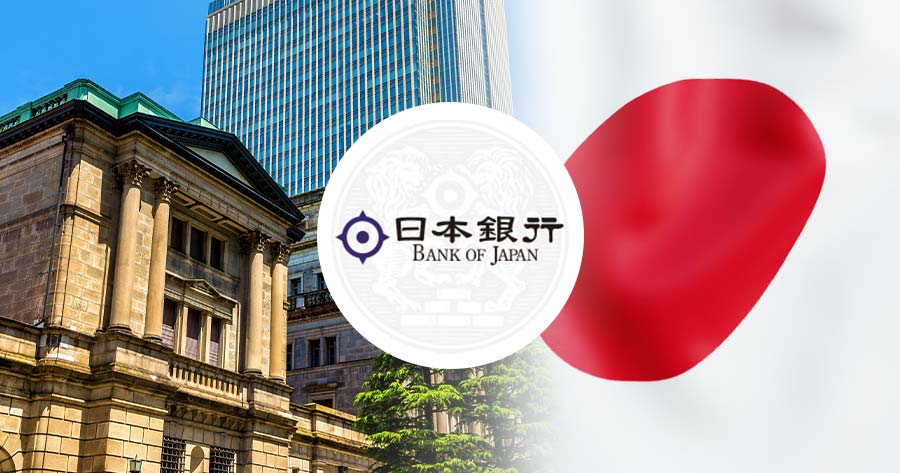Tokyo’s cost of living rose more sharply than expected compared to the last month, adding pressure on the Bank of Japan (BOJ) to accelerate interest rate hikes.
Consumer prices, excluding fresh food, climbed 2.4% in March compared to a year ago, surpassing the median forecast of 2.2%, as per the internal affairs ministry’s data released Friday.
This inflation uptick, the highest recorded by surveyed economists, coincided with broader inflation increasing to 2.9% from 2.8% in February.
An immediate reaction saw the yen briefly gain strength against the dollar, reaching 150.77 amid mounting anticipation that BOJ Governor Kazuo Ueda may advance plans for further tightening of monetary policy.
Despite global economic uncertainties intensified by U.S. President Donald Trump’s recent tariff declarations, Japan’s domestic indicators suggest progress towards the BOJ’s desired inflation stability.
Economists are largely predicting the BOJ may wait until mid-year to adjust rates, though there’s growing talk of a potential move following their May 1 board meeting. Nobuyasu Atago, a former BOJ policy maker, noted that Inflation excluding fresh food and increases in prices of durable goods suggest that the BOJ consider hiking rates sooner.
Processed food prices surged, contributing to the upward pressure with non-fresh food inflation at 5.6% and rice witnessing a staggering 90% hike, prompting the government to dip into emergency reserves.
Service costs also rose 0.8% from last year, escalating at their fastest rate since December and closely watched by the BOJ to gauge underlying inflation.
Businesses continue passing increased costs onto consumers amidst a weakening yen.
The BOJ currently holds the lowest interest rate within the Group of Seven at 0.5%, as Ueda advocates a cautious approach toward policy normalization, arguing that the core price trend hasn’t fully met the threshold.
Nevertheless, Japan’s principal inflation index has surpassed this mark consistently for nearly three years, causing real wages to stagnate and contributing to political pressures on Prime Minister Shigeru Ishiba, whose approval ratings are waning ahead of the upcoming summer election.
Considering these dynamics, stakeholders are eyeing the outcomes of the next BOJ convening where the possibility of a rate adjustment might become a focal point, especially with U.S. tariff threats on auto imports.





